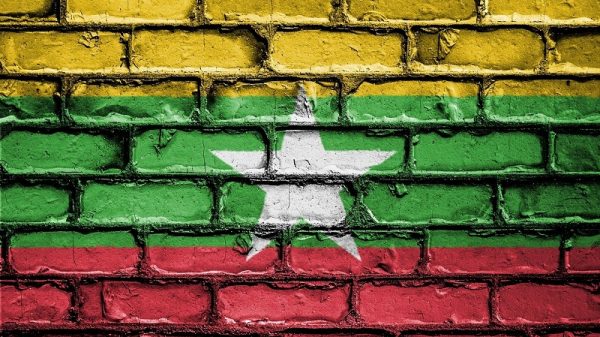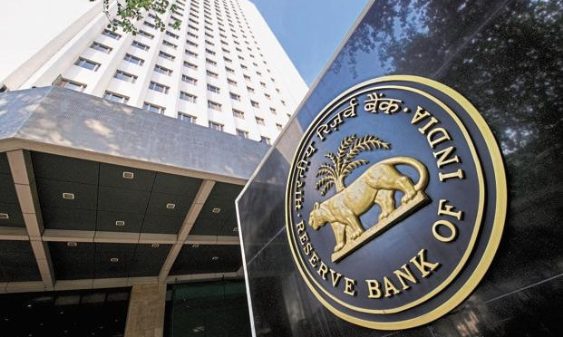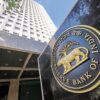PayPal India will shut down its payment gateway business in India from April 1, 2021 onward, but it will continue to provide payments services for cross-border trade, a spokesperson from the company said in a statement. The company processed $1.4 billion worth of sales for more than 360,000 merchants in the country in 2020, they said.
The company at present has a payments gateway business and cross-border trading platform, enabling local businesses to export their products abroad. “We believe PayPal can have the greatest positive impact in India’s economic recovery by pivoting our business to support our customers where they need us most. From 1 April 2021, we will focus all our attention on enabling more international sales for Indian businesses, and shift focus away from our domestic products in India. This means we will no longer offer domestic payment services within India from 1 April,” a spokesperson for PayPal said.
While it is unclear why PayPal has chose to shut its Indian payment gateway business, in the last few months the company has run into a few issues.
Non-compliance with money laundering rules
In December 2020, the Finance Ministry’s Financial Intelligence Unit issued a ₹96 lakh penalty against against PayPal Payments Private Limited over non-compliance with norms laid out in the Prevention of Money Laundering Act, 2002 (PMLA). The bone of contention in this case is that PayPal failed to register itself with the FIU for several years. While PayPal said that it is a payments intermediary and not a payments system operator, the FIU says that the PMLA does not “distinguish between ‘payment systems’ and ‘payment services’, and has similar definitions for ‘payments systems’ and ‘payments operators’ as under RBI regulations.” Therefore, PayPal is not just a payment intermediary but also operates a payments system, the FIU said.
In its order, the FIU said that “there is ample evidence of the wilful violation of the law and, therefore, PayPal cannot be let off with a penalty that should normally be imposed for minor violations”. It directed the company to pay the fine with 45 days and register itself as a reporting entity with the FIU, as well as appoint a principal officer and director for communication within a fortnight of the receipt of the order.
On January 12, the high court issued a notice (read order: Delhi High Court 12/1/2021 PayPal vs FIU) to the FIU and sought its stance on PayPal’s plea by February 26, this year. The court also directed the Reserve Bank of India and the Ministry of Finance to constitute a committee to clarify the policy stance on whether entities like PayPal need to be considered as reporting agencies under the PMLA.
Heavy losses and competition
PayPal entered India in 2007 and grew to become a dominant player in cross-border payments. But as domestic payments firms scaled their operations and fintechs began to enter the domestic payments market from 2017 onward, in the wake of demonetisation, its presence in the minds of consumers has diminished. It was reported in May last year that PayPal was entering the highly competitive Unified Payments Interface space, but those plans did not manifest.
PayPal will shutter the payment gateway services it offers multiple Indian companies and will begin informing them about the change in the coming days, a person close to the development told MediaNama. “While the cross-border finance space is not any less competitive, PayPal has a strong technology advantage and its platform has a wide presence in the across the world which will help local merchants increase their export business,” this person said on the condition of anonymity.
In December 2020, the Morning Context reported that PayPal informed card network companies and the Reserve Bank of India (RBI) that it will stop on-boarding new merchants from March 2021 onward, while keeping the cross-border payments business active. In fact, in a submission to the FIU in August 2020 the company said that it informed the RBI about its cessation of domestic payment aggregator business in India and that would not apply for a payments aggregator license this year.
In FY2019, the company posted revenues worth ₹654.7 crore compared to ₹261 crore in the previous year. Its losses grew to ₹8.13 crore as of March 2019 from ₹2.3 crore in the previous year, according to regulatory filings with the Ministry of Corporate Affairs.
Also Read



















